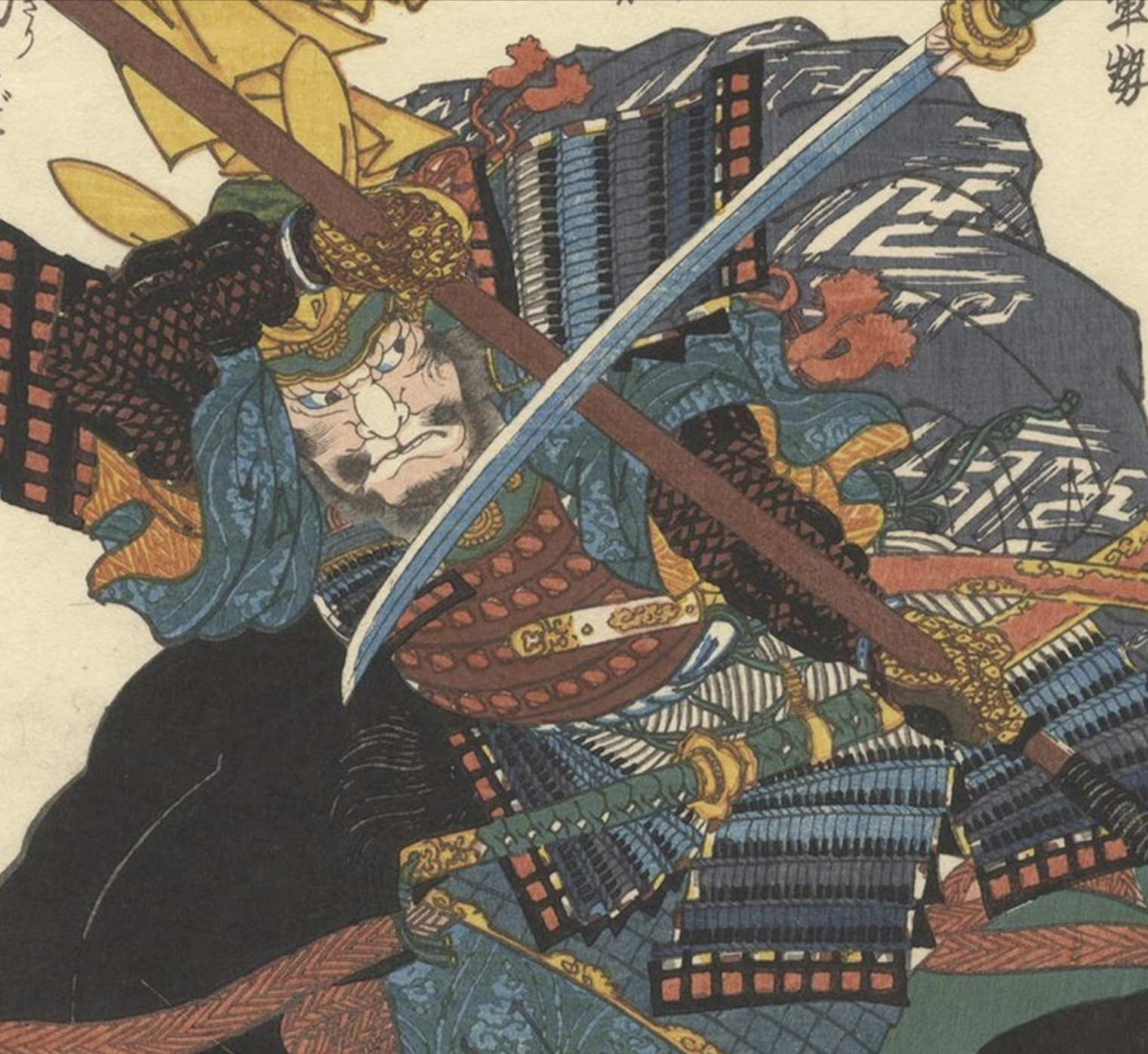The Hagakure and Modern Justice: Timeless Lessons from a Samurai’s Code
by Donavon L Riley
In a culture characterized by shifting, often contradictory definitions of justice that render people confused and anxious, it is helpful to seek wisdom from the past to anchor us in the present. The Hagakure, a 17th-century text that encapsulates the way of the samurai, provides a treasure trove of insights into justice that remain as relevant today as they were centuries ago.
The Essence of Justice in the Hagakure
Justice in the world and justice in the home are interrelated.
This powerful aphorism from the Hagakure underscores the samurai’s understanding of justice, transcending the boundaries of public and private life. In today’s world, where integrity and ethics so often appear as mere commodities, the samurai’s emphasis on a congruent sense of justice remains a stark reminder that doing what is right isn’t gauged by what we may gain by following the law.
Justice, in the Hagakure, isn’t just about adhering to the law; it’s about living with unwavering integrity, both in the public eye and within the confines of our homes. The modern man can draw a parallel here, recognizing the intrinsic value of consistency in our ethical standards.
Justice and Loyalty: A Samurai’s Bond
To demand ‘righteousness’ and ‘propriety’ in all things and to let one’s mind dwell on ‘righteousness’ and ‘propriety’ is the way of a retainer.
For the samurai, justice was intricately tied to their unwavering loyalty. In their code, justice was not merely a matter of adhering to external laws; it was a deep, personal commitment to their lord and their values. This profound sense of allegiance reflected the samurai’s unshakable connection between justice and honor.
Modern man, too, can learn from this bond between loyalty and justice. In our quest for justice, it’s vital to remain loyal to our values, principles, and commitments. Justice is not a mere concept; it’s a lived experience, manifested through the unwavering dedication to what we hold dear.
Justice and Courage: The Willingness to Act
In performing his duties, a retainer must manifest, not only courage, but his ‘wisdom’, and ‘humanity’.
The Hagakure not only highlights the need for courage in the pursuit of justice but also stresses the importance of wisdom and humanity. Justice isn’t merely about wielding a sword or enforcing the law. It’s about having the sagacity to discern right from wrong, and the empathy to understand the human condition.
It is imperative then, for everyone’s well-being, that we appreciate that true justice requires the courage to stand up for what’s right, tempered by wisdom and infused with a deep understanding of the human experience. Justice isn’t a passive concept; it’s an active force, driven by individuals willing to act with both courage and compassion.
Justice and Selflessness: A Higher Calling
To devote oneself entirely to one’s duties and become known for being ‘unselfish’ is a great way of being.
The Hagakure teaches us that true justice involves selflessness, a profound dedication to duty that transcends personal gain. In our modern world, where self-interest often takes precedence, the samurai’s call to be “unselfish” resonates deeply.
Justice, in this context, extends beyond personal ambitions or gains. It’s a higher calling that encompasses the well-being of others and the greater good. We can benefit greatly from this teaching, from learning that true justice often means placing the needs of others above one’s own.
The Hagakure and Modern Man’s Pursuit of Justice
The Hagakure, a text born from the samurai’s code of honor and justice, continues to shine as a beacon of wisdom for the modern man. It offers profound insights that transcend time and cultural boundaries, reminding us that justice is not a static concept. Instead, it’s a dynamic force, deeply interwoven with loyalty, courage, selflessness, and a commitment to unwavering integrity.
In a world where justice can sometimes be elusive, the teachings of the Hagakure provide a timeless guide, urging us at present to seek justice not just in the external world but within the very core of our being. It’s an invitation to live with integrity, uphold our commitments, act with courage and compassion, and to remember that justice, in its truest form, extends far beyond mere legal statutes.
*The views and opinions expressed on this website are solely those of the original authors and contributors. These views and opinions do not necessarily represent those of Spotter Up Magazine, the administrative staff, and/or any/all contributors to this site.
